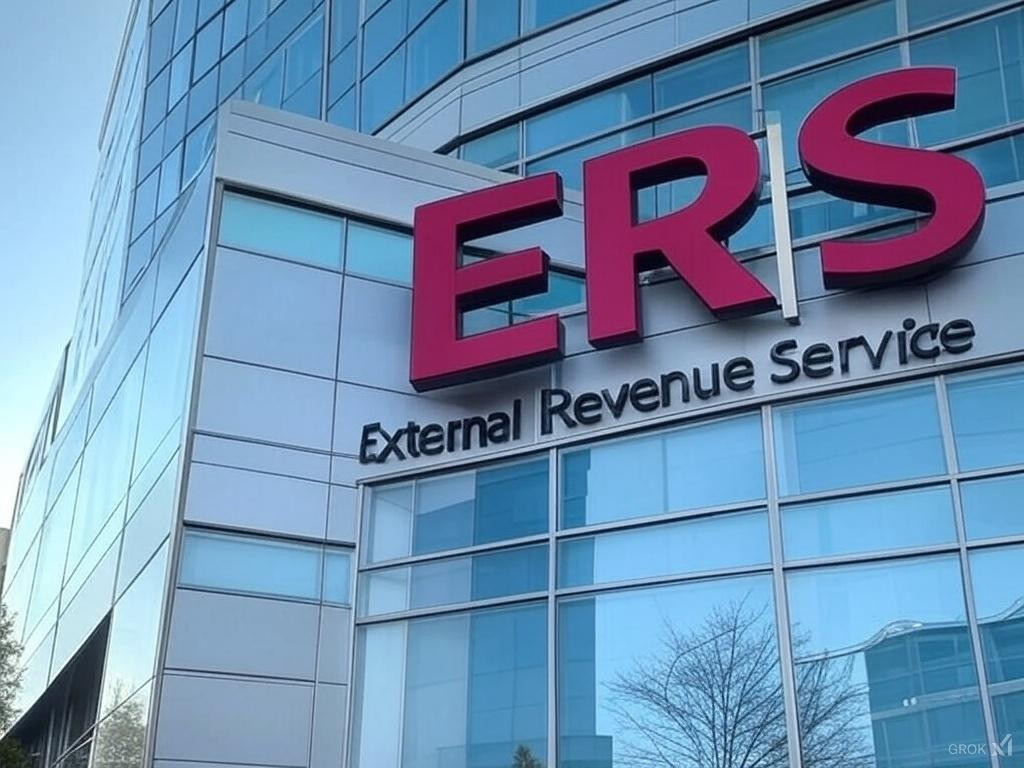Proposal to Replace IRS with Tariff-Based System Sparks Debate

Summary
Full Article
The Trump administration has introduced a proposal that could fundamentally alter the United States' tax collection system by replacing the Internal Revenue Service (IRS) with a new framework funded exclusively through international trade tariffs. This plan, as outlined by Commerce Secretary Howard Lutnick, seeks to eliminate federal income taxes in favor of tariffs on imported goods, marking a significant shift from traditional tax methodologies.
This radical proposal has ignited widespread discussion among policymakers, tax professionals, and the public, particularly in Washington, D.C., where the proximity to federal governance structures makes the potential changes especially pertinent. The uncertainty surrounding existing tax liabilities, including unresolved tax debts and liens, has become a pressing concern for individuals and businesses alike.
Tax experts, including those at J. David Tax Law, are emphasizing the importance of staying informed about these developments. The transition to a tariff-based system could redefine tax enforcement strategies and the mechanisms for resolving tax issues, presenting both challenges and opportunities for taxpayers.
The administration argues that this shift would streamline the tax collection process, reducing the burden on American taxpayers. However, the long-term economic implications of such a dramatic change remain uncertain, with experts calling for careful consideration of how this would affect the national economy and individual financial planning.
As the debate over this proposal continues, taxpayers are advised to closely monitor legislative developments and assess how potential changes could impact their financial obligations. The proposed overhaul of the tax collection system represents a pivotal moment in U.S. fiscal policy, with far-reaching consequences for the economy and the American public.

This story is based on an article that was registered on the blockchain. The original source content used for this article is located at Press Services
Article Control ID: 91006